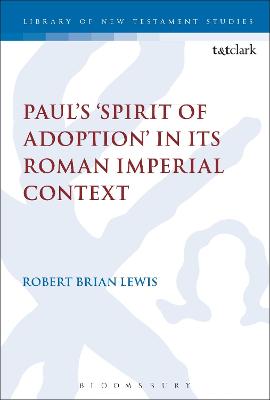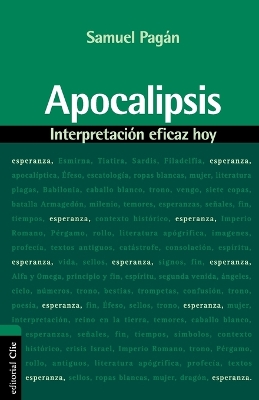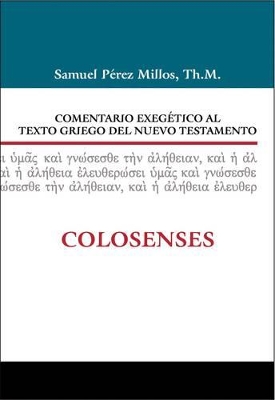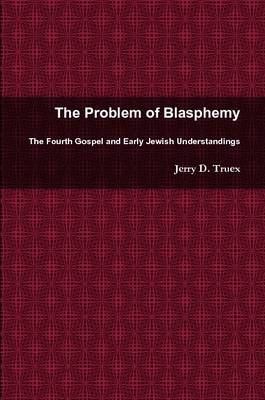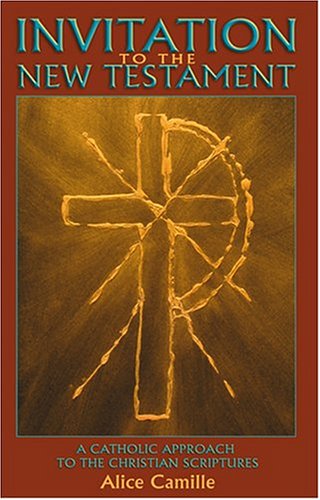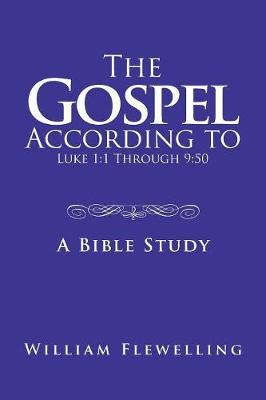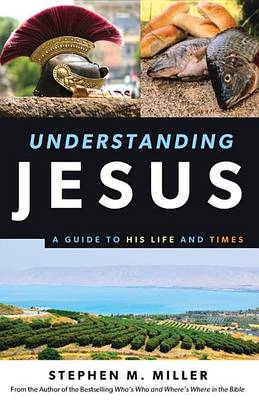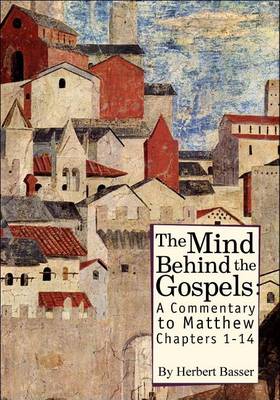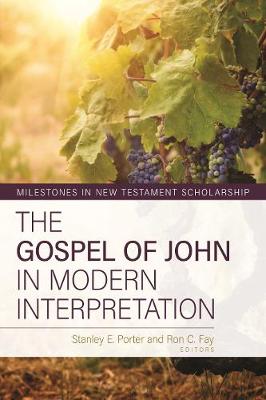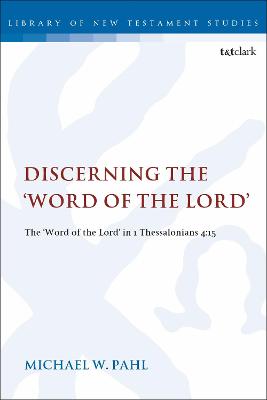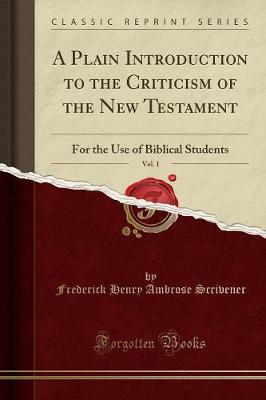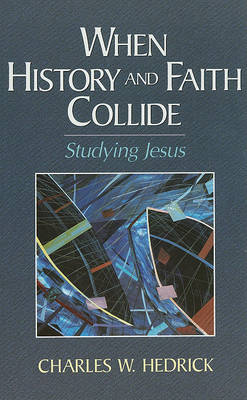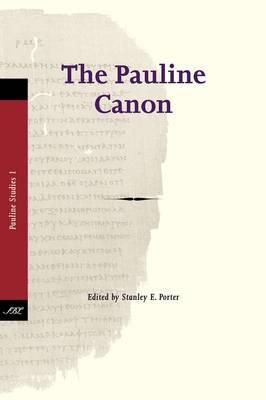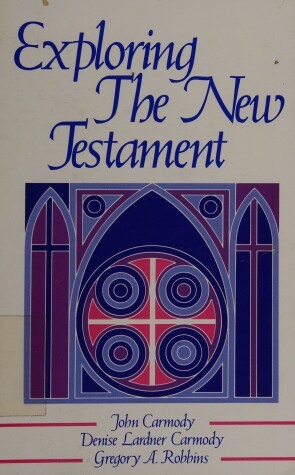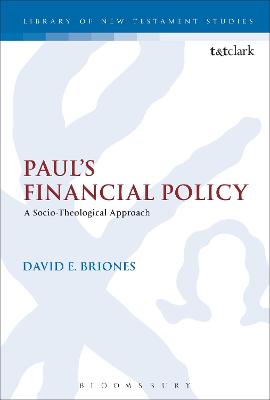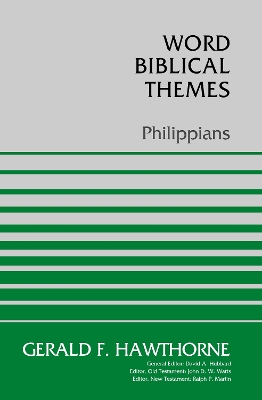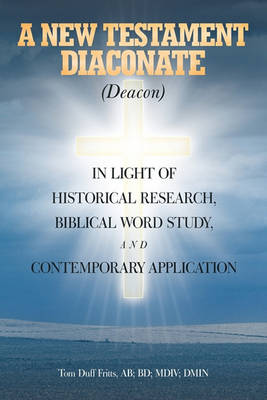Robert Lewis examines Paul’s use of the phrase “Spirit of Adoption” in Romans 8:12-17 against the background of its Roman Imperial context in order to shed light on interpretation of Paul's Letter to the Romans. Whereas other scholars have explored what Paul may have meant when he uses the term “adoption” Lewis instead explores the reasons behind Paul's coupling of it with the term “spirit”. Having examined theories for a possible Jewish antecedent for Paul’s use of this phrase, and found them...
Insights on Luke (Swindoll's New Testament Insights)
by Charles R. Swindoll
Comentario Exegetico Al Texto Griego del Nuevo Testamento: Colosenses
by Samuel Millos
Mind Behind the Gospels, The: A Commentary to Matthew 1 14
by Herbert Basser
The Gospel of John in Modern Interpretation (Milestones in New Testament Scholarship)
Discerning the "Word of the Lord" (The Library of New Testament Studies)
by Michael W. Pahl
In 1 Thessalonians 4:15, the Apostle Paul appeals to a "word of the Lord" to provide authority for his eschatological encouragement. This appeal has left a perplexing problem related to the nature and function of the specific authority to which the phrase refers. Two theories have predominated in the history of interpretation: either 1) it refers to a directly received prophetic revelation, whether to Paul or to another Christian prophet; or 2) it refers to a teaching of Jesus received as tradit...
A Plain Introduction to the Criticism of the New Testament, Vol. 1
by Frederick Henry Ambrose Scrivener
Hedrick explores the tension, or collision, that occurs when one studies the Jesus of faith with the critical eye of historical scholarship. He outlines the nature of historical inquiry, gives a brief history of how scholars have understood Jesus, and identifies the essential issues confronting the reader of the New Testament Gospel accounts of Jesus: discrepancies, contradictions, and differences as well as strong similarities among different writers.
The Pauline letters continue to provoke scholarly discussion. This volume includes papers that raise a variety of questions regarding the canon of the Pauline writings. Some of the essays are more narrowly focused in their intent, sometimes concentrating upon a single dimension related to the Pauline canon, and sometimes upon even a single letter. Others of the essays are more broadly conceived and deal with how one assesses or accounts for the process that resulted in the letters as a collectio...
Paul's Financial Policy (Criminal Practice) (The Library of New Testament Studies)
by David E. Briones
This book attempts to prove the consistent nature of Paul's financial policy by drawing from his social environment and theological convictions to tease out a three-way relational pattern with God as the source of all possessions. This three-way relational framework not only dictates Paul's decision to accept or reject finances from his churches but also directly challenges long-standing claims made about Paul's financial policy. After outlining the various approaches that scholars have taken to...
A companion series to the acclaimed Word Biblical Commentary Finding the great themes of the books of the Bible is essential to the study of God's Word and to the preaching and teaching of its truths. These themes and ideas are often like precious gems: they lie beneath the surface and can only be discovered with some difficulty. While commentaries are useful for helping readers understand the content of a verse or chapter, they are not usually designed to help the reader to trace important sub...
A New Testament Diaconate (Deacon)
by Tom D Fritts, Sr and Dr Tom D Fritts Sr
